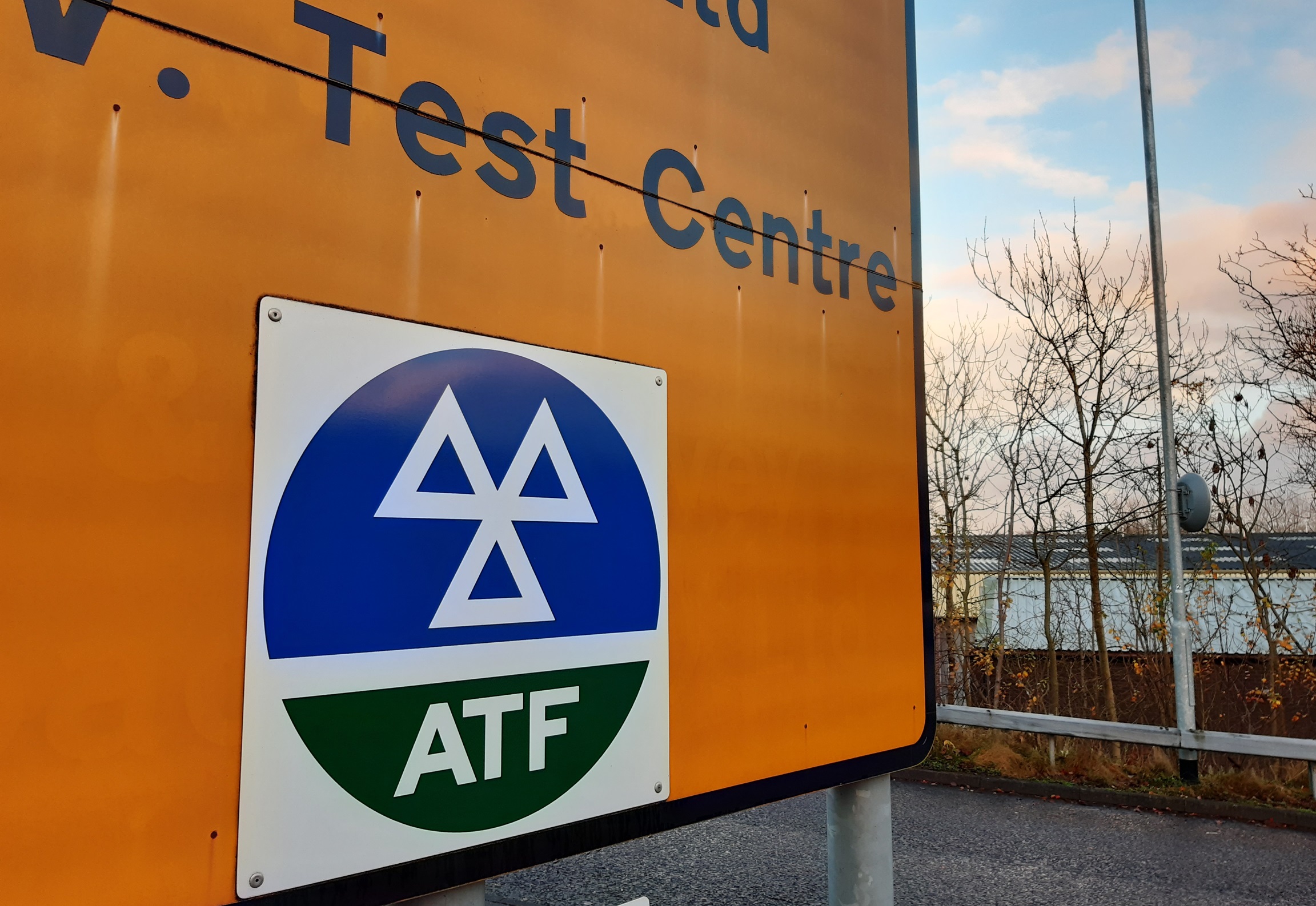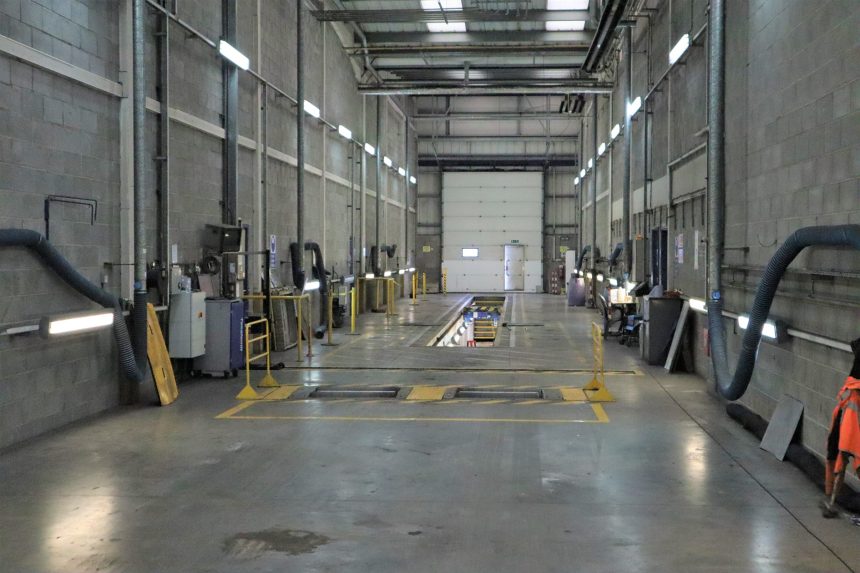The Authorised Testing Facility Operators Association (ATFOA) has shared more detail of the changes to the DVSA heavy vehicle testing regime it is seeking, including an uplift in service fees for use of ATF lanes that is inflation-matching as “a necessity.”
ATFOA also wants wider reform of heavy vehicle testing that will deliver “a true free market” approach via competition between ATF owners. But Chair of the trade body Stephen Smith says that significant movement at DVSA is required to deliver that, including introduction of greater flexibility among testing personnel employed by the Agency.
He adds that using the Bank of England CPI inflation calculator would put the ATF service fee for a coach or bus at £104.14 compared to its current limit of £70. The service fee is charged in addition to the DVSA fee for carrying out the test.
However, Mr Smith adds that such an uplift would still “fail to encapsulate the profound losses absorbed by ATFs.” He claims that decisions by DVSA have led to reduced productivity and income for business owners, with some ATFs “teetering on the brink of financial ruin.”
In addition, Mr Smith says that a requirement for upgraded roller brake testing software in 2025 will cost £35,000 to £45,000 per ATF lane. Some sources have suggested that hardware changes will be required at the same time to comply. “How does one fund such a monumental investment when operating in the current environment?” he asks.

Mr Smith has also underlined ATFOA’s longstanding call for delegated testing for vehicle classes including coaches and buses.
The government has not ruled out that delegation as part of its ongoing work via the heavy vehicle testing review, but if adopted it would apply only to vehicles operated by members of Earned Recognition (ER). Assessment of any such change will follow work on the potential to extend testing intervals for vehicles in ER fleets.
“ATFOA continues to sound the rallying cry for reform, pointing to DVSA’s chequered history of tester availability and the glaring lack of genuine private sector flexibility,” Mr Smith adds.
“While the private sector confidently navigates tests for cars, locomotives, ships, cranes, lifts, boats, and even spaceships… the argument for confining the public sector’s prowess solely to coaches, buses, HGVs and trailers grows increasingly untenable.”
The Association wants increased competition among ATFs, but Mr Smith says that a “utopian scenario” – where an onus on service would bring benefits to ATFs and their customers – is impossible while the testing regime is constrained “by bureaucratic red tape.”
For that reason, the government’s decision in 2021 to allow growth of the ATF network under limited circumstance is a topic that has divided ATFOA members. Mr Smith believes that at present, those ATFs that provide the best service “find themselves at a disadvantage” where customer choice and test appointment availability are limited.

His view is thus that any growth in the ATF estate is currently “a recipe for disaster.”
ATFs already struggle to expand appointment availability and Mr Smith believes that the current testing framework “is nothing short of a relic.”
In a final report on its heavy vehicle testing review published in 2021, DVSA acknowledged that allocation of tester resource to ATFs is driven by the need for efficiency and to ensure that testing is delivered within the current DVSA fee structure.
It also noted that there was “a tension” between DVSA’s aim to deliver the latter and a desire among ATF operators to see greater flexibility in resource deployment. Reconciling those will not be easy, although the report says that there is “a general willingness” among heavy vehicle testing service users to pay more for additional choice and flexibility.
“We persist in spearheading the charge for a reimagined approach to testing, daring to venture beyond the confines of antiquated systems in pursuit of a brighter and more efficient future,” Mr Smith concludes.



























